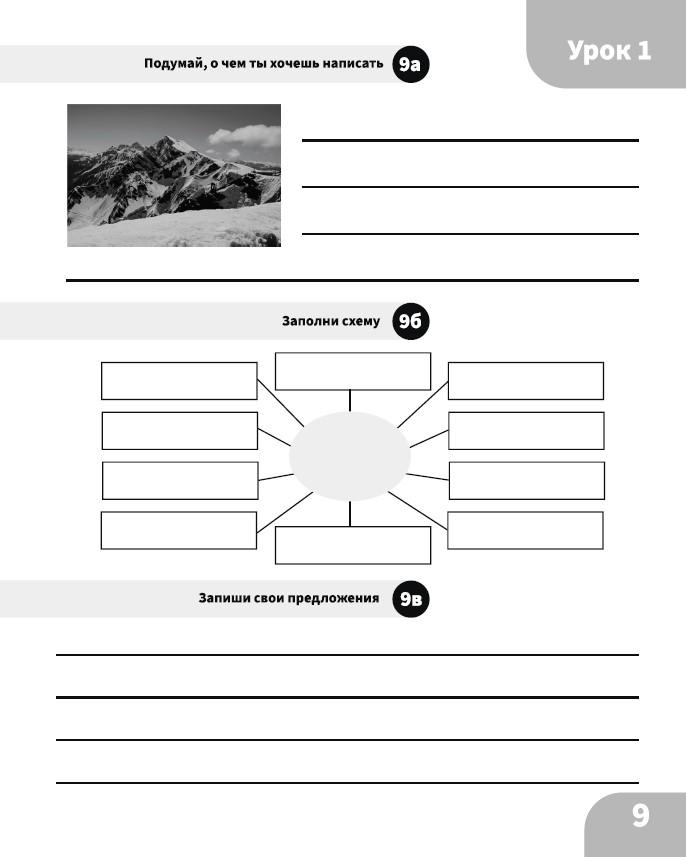First, a definition: Since many beginning teachers of RFL (Russian as a foreign language) read my blog, I will explain to them that all words of the language can be called by one word — vocabulary. Therefore, sometimes I will write “working with words,” and sometimes “working with vocabulary.” Beginners, get used to the terms, because they will come in handy.
We have two parts. In the first part, I will tell you about the procedure for working with vocabulary in practice.
In the second part, we will get acquainted a little with the theory of the methods of teaching RFL.


